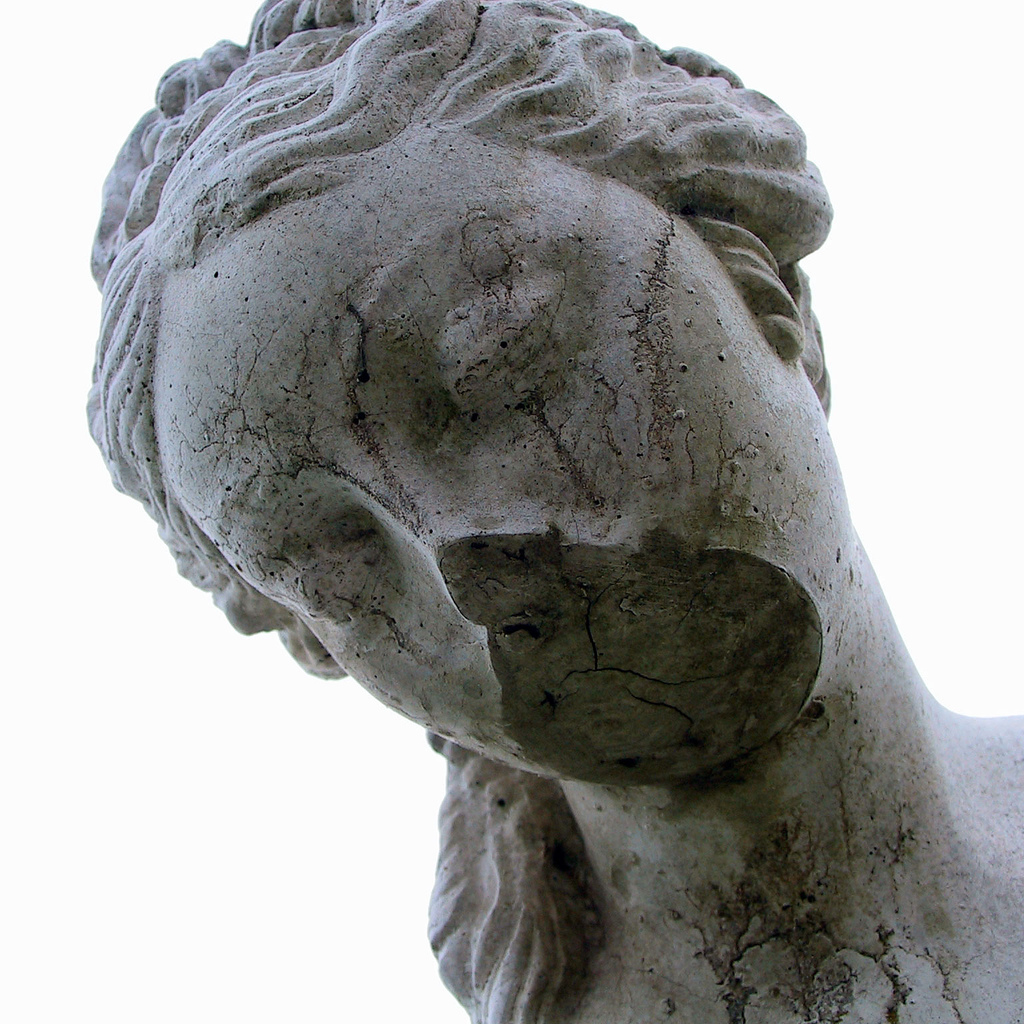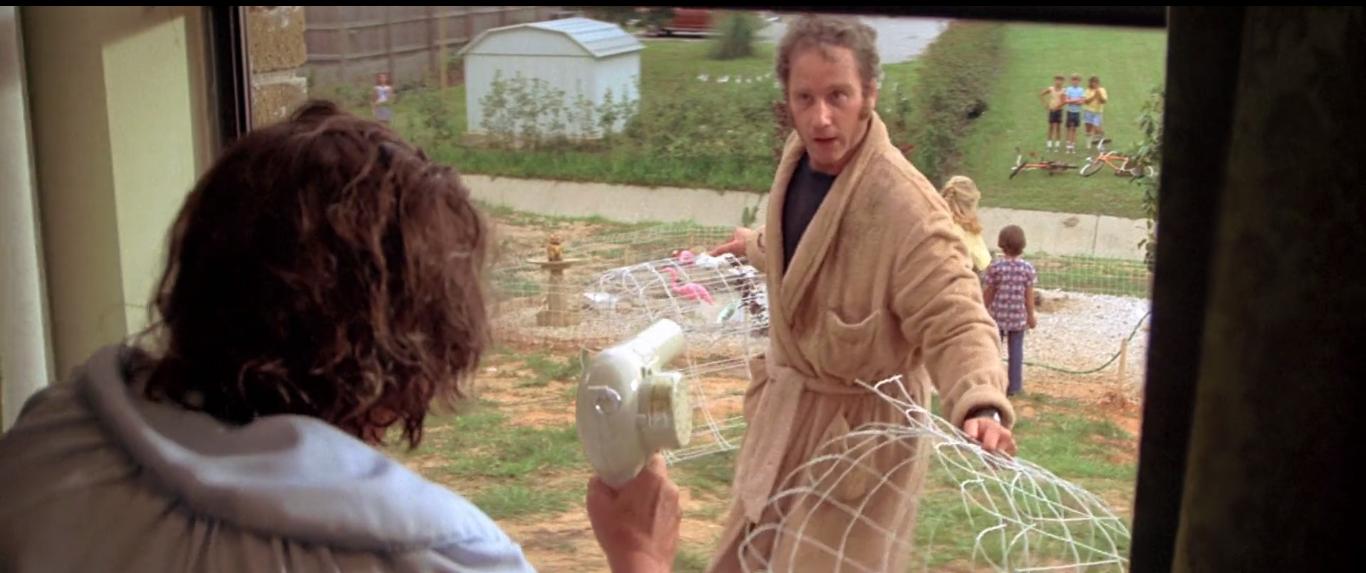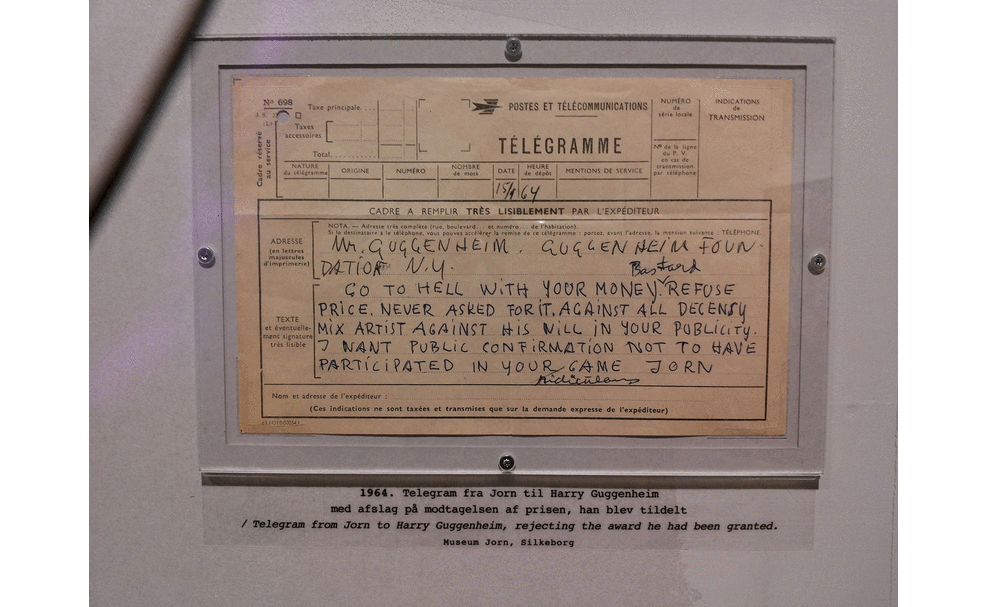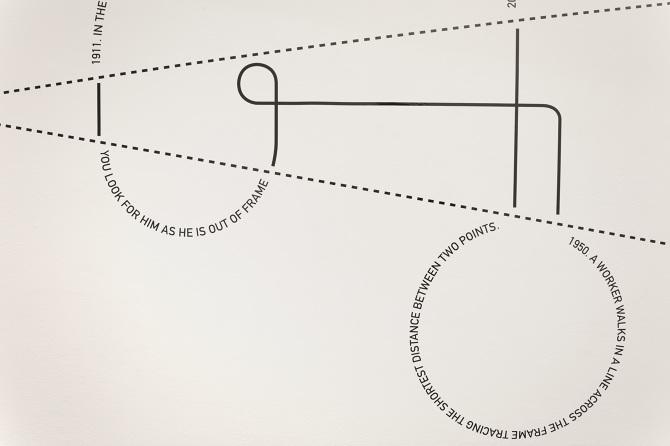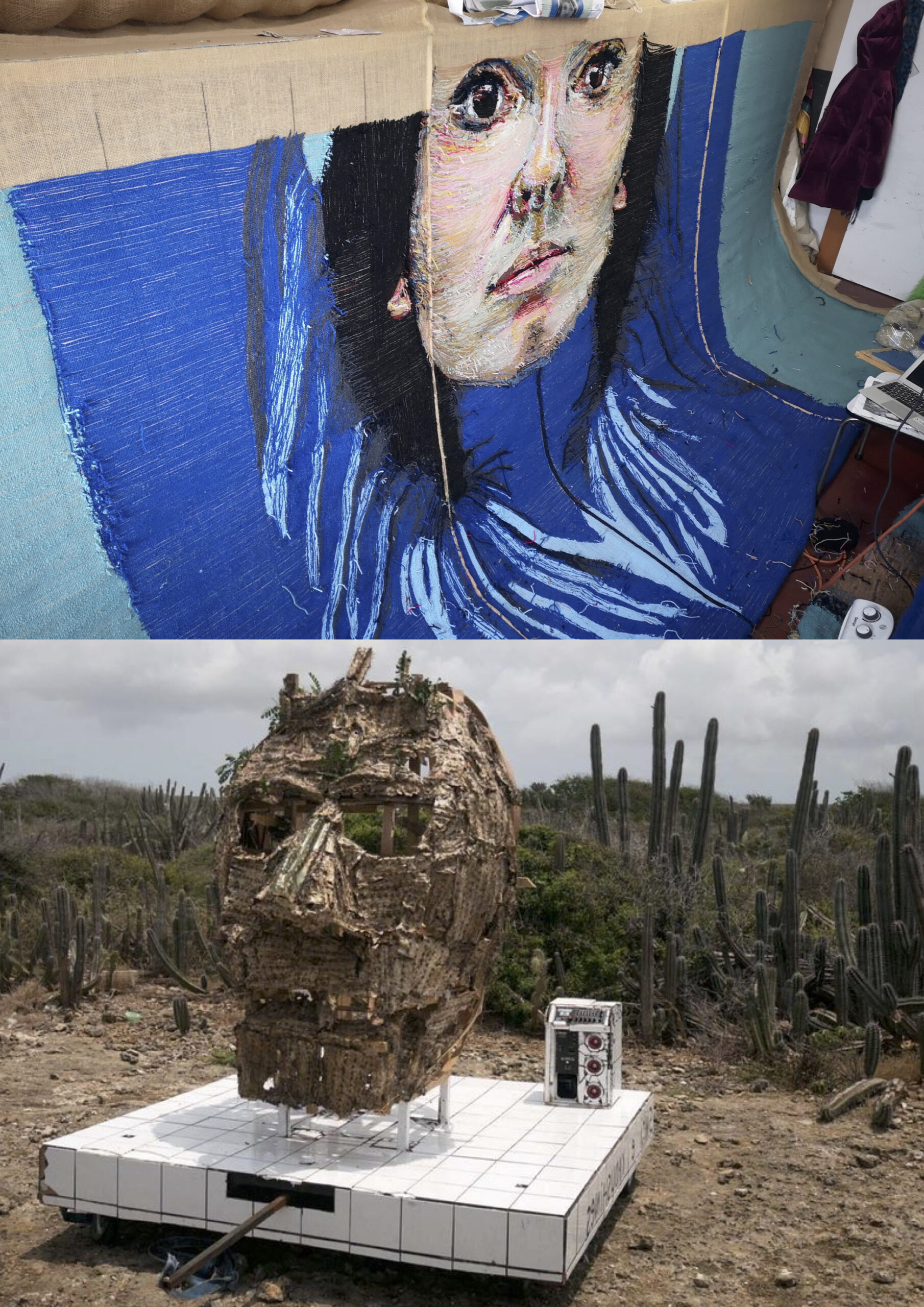lecture, performative publishing, research center
Close Encounters series Zones of disobedience
6-6 February 2020 / ISELP & a.pass
Elen Braga / Eve Kalyva / Steven Jouwersma
a.pass Close Encounters
Zones of disobedience
Elen Braga / Eve Kalyva / Steven Jouwersma
06/02/2020 – 15h00 at ISELP / 18h00 at a.pass
Close Encounters are light and irregular events to take time to meet, listen and evaluate an idea, a project, a research, or a specific point in an artistic -research- trajectory. The events are free-formed and singularly appropriated by their protagonists, but the format is always a dialog with one or more guests; all are invited to expand on their research or the problem posed through the lens of their expertise, experience or concern. The Close Encounters series holds a double intention of getting a closer look at things and of approaching somebody closely and tries to respond to three key questions in relation to artistic research and its current nature, function and conditions of possibility: What to study? What to research? What to practice?
For Zone Public, the current seminar of the postgraduate program in a.pass, the Close Encounters series invites guests that have relevant practices with regards to (infrastructures of) publishing and/or making-public and/or art and research publicness.
On Thursday 6th, for this special edition, a new monumental work Elen Ou Hubris by Elen Braga will be on display for the first time at ISELP from 15h00 to 17h00. This will be followed by Zones of Disobedience, a three hour long discussion with Elen Braga, Eve Kalyva and Steven Jouwersma that will unfold from 18h00 onwards at a.pass.
Thursday February 6, 15h00-17h00
Elen Ou Hubris
Elen Braga
a monumental tapestry on display for the first time
@ ISELP, Boulevard de Waterloo 31, 1000 Bruxelles
Thursday February 6, 18h00
Close Encounters Series @ Zone Public
Zones of disobedience
Elen Braga / Eve Kalyva / Steven Jouwersma
a three hours public presentation and discussion hosted by Pierre Rubio
@ a.pass, 60 Delaunoystraat, 1080 Brussels
When institutions have come to embody their own institutional critique, when participatory art becomes the new weapon of the established normalising order, and when attempts to further develop forms of artistic resistance are almost instantly liquefied in the commodifying reason of the market, a series of questions arise: Is it still possible to disobey? What could the forms of disobedient work be today? What new strategies should be invented in this context? How can one give the public the incentive to transgress its fears, inhibitions and limitations?
Having these questions as a starting point, “Zones of Disobedience” opens up a space for discussion, reflection and debate. It presents examples from the past and the present and from across the spheres of the artistic and the political in order to problematise sets of relationships, conceptual frameworks and behaviours. These have to do with ideas about monuments, myths and experiences of the city as space but also as a site of memory, of belonging and of envisioning a future.
The protagonists of “Zones of Disobedience” are equally interested in the relationships across the public, the artist, one’s environment and discourse, with particular attention on self-imaging in public spaces. Public self-imaging –and the different techniques of the self– are understood here in relation to a place and its image as this is perceived from different perspectives and for different audiences. Likewise, public self-imaging refers to the stories one tells about oneself and about the “other” (the artist, the audience, the immigrant, the policymaker, the army, the police), as well as to the mirroring of power, its ideologies and hierarchies. With this in mind, the performative conception of the self-image and its associated “hubris” enable to conceptualise strategies one can deploy in order to expose and destabilise the tenure of authority.
If this can be achieved –for example in the works of Elen Braga and Steven Jouwersma through absurd, futile, uncomfortable or humorous encounters– how can such moments of critique be sustained or resurface in new forms? Which other public spaces can they generate? As such, “Zones of Disobedience” offers an evening of contestation, blurred limits, shifts and negotiations.
Elen Braga
Elen Braga is a Brazilian artist based in Brussels. Her practice involves self-imposed tasks that border on the absurd. She investigates how one creates narratives of the self, and is particularly interested in how myths function in relation to an individual’s strength, ambition, futility and resilience.
Elen’s new project, Elen Ou Hubris, is an entirely hand-tufted 120 square metres carpet/tapestry reproducing the image of a 24-metre tall woman standing on a pedestal. Created in the form of a giant idealised self-portrait of the artist, this monumental object will be installed in front of the triumphal arch of King Leopold II in the Parc du Cinquantenaire in Brussels in 2020. By its size and location, Elen Ou Hubris addresses the notion of hubris, exposes an entangled multiplicity of self-images, seeks to open a debate on monumentality, pride and determined futures –and boldly claims the central place to question the very place of women in t-his-her-stor-y-ies.
In 2014 Elen was selected in “Situações Brasília” Contemporary Art Award of DF –National Museum of the Republic, in Brazil. In 2016 she participated in AIR ANTWERPEN residency where she worked on the performance series named ‘Os 12 trabalhos’ (the twelve labors), inspired by the Greek myth of Odysseus. In 2017 she was selected for the residency at Central Saint Martins in London in partnership with SESC São Paulo. In 2018 she completed a postgraduate in advanced performance in a.pass, Brussels.
Elen is currently in residence at ISELP – Institut supérieur pour l’étude du langage plastique (Brussels) and has exhibited and developed projects at SOKL (Antwerp, 2019) Tomie Ohtake Institute (São Paulo, 2015), 17th Bienal of Cerveira (Portugal, 2013), MUVIM – Valencian Museum of Enlightenment and Modernity (Valencia, 2015), Samples – MULF – Museo Universitario Leopoldo Flores ( Mexico, 2015), SESC Belenzinho (Sao Paulo, 2017) amongst others.
Eve Kalyva
Eve Kalyva works on the relationships between images and texts in cultural production and visual culture. Her recent monograph, Image and Text in Conceptual Art: Critical Operations in Context (Palgrave/ Macmillan 2016), offers interdisciplinary perspectives on art from Europe, North and South America, and evaluates the different ways in which artworks advance their institutional and socio-political critique. Eve also works on the relation between art and politics, visual activism and social semiotics. She has developed the idea of “rhetoric of disobedience” to refer to the different ways in which art engages the associations one makes beyond what one sees, and is particularly interested in meaning making and communication as social and shared processes.
Prior to moving to Amsterdam, Eve taught at universities in the UK and Argentina, and collaborated with international art institutions such as the Henry Moore Institute (Leeds) and the Museum of Modern Art Chiloé (Chile) as curator and artist in residence. Her creative practice explores the intersections of the real with the fantastic through texts, images, objects and bodily experiences; and her interdisciplinary research spans art, exhibition design, pedagogies of play, intermediality, discourse analysis and visual culture. Eve also develops museum workshops and cultural games. She is co-coordinator of the research group Global Trajectories of Thought and Memory: Art from the Global South at the University of Amsterdam, and will co-chair the panel ‘Radical women: the construction of Latin American women artists through exhibitions’ at the forthcoming 2020 annual conference of the College Art Association.
Steven Jouwersma
Steven Jouwersma is a Dutch artist. His work develops always in relation to contexts and combines performance with film making and installations.
Within specific contexts where socio-political tensions intersect, Steven Jouwersma invents performative situations that enable critical relations between him-as-artist and the expectations of the public. Steven (self) induces “crises” in the apparent status quo and engages in performing the inherent contradictions present within, often highly, unsettled spaces of cultural difference. Art in public space and in countries that are foreign to the artist always assert political dimensions. By defining antagonistic elements that provoke debates, Steven functions as a catalyst for these political dimensions to be exposed. Without being “classically” political, Steven’s works aim to challenge his own political and social position as well as his audience’s by acting “like an icebreaker in a congealed situation”. These singular forms of interaction in public spaces have unexpected outcomes. In some cases, in place of the predicted problems that might have occurred, the project is accepted and achieved. On the other hand, occasionally, the artist’s contribution is considered too controversial, straying too far away from conventions, and leads to its cancellation. Steven works with these missed expectations and miscommunications and sees them as potentials from which he operates, continually adjusting his own expectations.
Steven studied at the Frank Mohr Institute and has a Master in Interactive Media and Environments. His most recent residencies and public events of the last three years are: dinA (Brussels), IBB (Curacao, Mondriaan Fonds), Buratinas (Nadine, Brussels) Künstlerhaus Bethanien (Berlin, Mondriaan Fonds), Het Resort E03S01 (Het Resort, group show –with Alban Karsten and Feiko Beckers, Groningen), Common sweat sauna #2 and #3 (Zsenne Artlab, Brussel) Spectacle of the Sweet… (Nodine, Brussel), Wandering Arts Biennale (Nadine, Brussel), Power and Ancestors (WM Gallery, Amsterdam), Casa Moderna (Willemstad), Grand Marcha (Carnaval parade, Willemstad)
Sign up for this event.